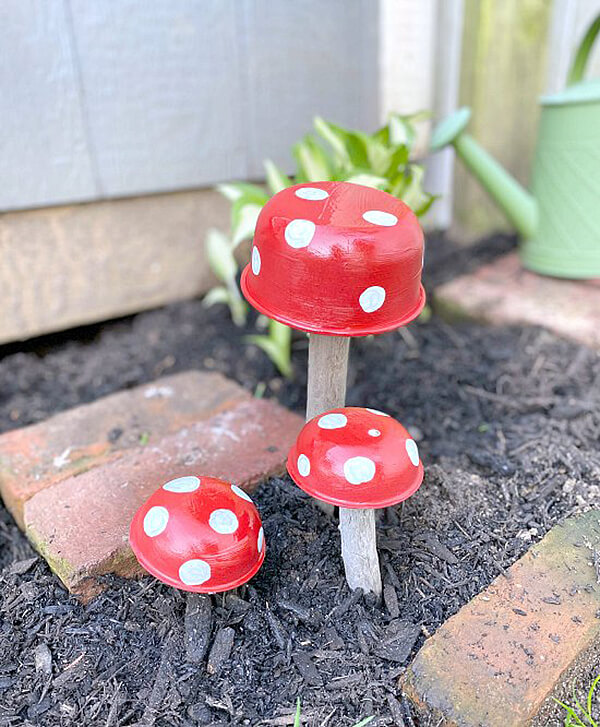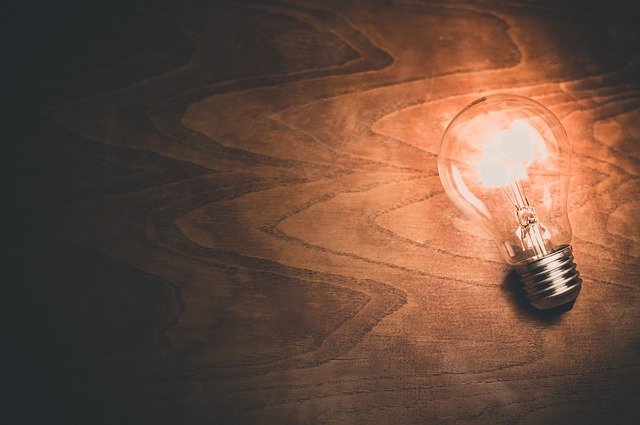One of the perks of installing solar panels is that they’re fairly easy to maintain. Needing no more than a good cleaning once a year or as needed, this energy system can last for years, providing you ample amounts of energy to power your entire home.
Many of those who are new to solar energy don’t actually know that solar panels need to be clean in order to properly work. That’s why it comes as a surprise to most when they’re told that solar panels require routine cleaning. Without it, your panels could generate anywhere from 15-25% less energy depending on the extent of filth.
What gets a solar panel – typically installed on the roof of your home – dirty in the first place? And how can you clean it? Here’s a rundown on everything you need to know.
Sand
Solar panels work best in areas where there’s lots of direct sunlight. So naturally, people living in hot regions are those who are most inclined to having solar panels installed in their homes.
In places like Nevada are prime locations for solar panels because of the ample amounts of sunlight they receive in a single calendar year. But since these regions also tend to have lots of sand, individuals with solar panels should be particularly keen on cleaning their panels.
Solar panels use photovoltaic technology to harness the energy of the sun, and that requires lots of surface area directed towards sunlight to collect solar power. When exposed to sand especially sand carried by wind, these panels can undergo erosion through friction.
Damaging the surfaces of the solar panels can be detrimental to the efficiency of the system, and may even reduce the amount of energy they produce. If left without resolve, sand on a solar panel could result to permanent damage that may stop the system from working all together.
Dirt
Because solar panels are installed outdoors, they do accumulate quite a bit of dirt over time. Rain, wind, and the elements just make it inevitable. Households in urban areas are exceptionally prone, especially when there’s a lot of smoke and traffic in their area.
Dirt can be the most common pollutant on any solar energy system, so frequently inspecting your panels for an accumulation of dirt should be on your maintenance routine.
Of course, a thin layer of dust shouldn’t be a problem. But if the dirt has blurred out the surface, giving the panels a brownish tinge, then they may have a negative impact on the amount of energy you’re able to harness.
If you’re not sure how much dirt is too much, consider putting your panels on a routine cleaning schedule instead. Cleaning your system 3-4 times a year can help limit the effects of accumulated dirt on the amount of energy you’re able to generate.
Bird Droppings
Just like the windshield on your car, your solar panels are not immune to the nuance of bird droppings. Of course, a single bird dropping might not be too big of a deal, but if you start to notice that there’s a significant amount of bird poop on your panels, then you might want to check the spaces between the panels and your roof.
An excess of bird droppings could indicate that birds frequent your roof, which may also point to birds actually taking up residence underneath your panels. The problem with birds making nests in these cramped areas is that they can damage the wiring on your panels.
The best way to resolve the issue would be to call pest control services. Have the birds removed and install diverters to keep them from returning. Reflective diverters repel birds and signal them to seek shelter elsewhere.
How to Clean Your Solar Panels
Cleaning solar panels – regardless of the contaminant on them – can be a challenge because their surfaces can be delicate. That said, there are a few general rules you should observe in the process of cleaning to make sure you don’t end up damaging the technology that your system uses.
l Use softened water.
Before cleaning, make sure you treat the water you plan to use by adding water softener. This reduces the amount of mineral deposits in the water, and thus eliminates the risk of further damaging the solar panels with abrasion.
l Avoid harsh chemical cleaning agents.
Chemical detergents and other harsh cleansers can significantly damage your solar panels. Always use mild soap in small amounts if at all, and make sure to rinse it off before it dries up on your panels.
l Refrain from using abrasive brushes.
Cleaning brushes with abrasive bristles can cause scratches to form on the surfaces of your solar panels, and reduce its ability to harness solar energy. Always use a soft sponge or the chamois type of car rag to clean your panels.
l Soften droppings with lots of water.
Bird droppings that might have been left uncleaned for too long can harden and be difficult to remove. Instead of rubbing it back and forth with your sponge, soften it up with a gentle stream of water.
l Never blast water at high pressure.
It might be tempting to take your pressure washer to the roof, but that can easily damage your solar panels beyond repair. Use a gentle flow of water at all times to reduce the risk of damage.
Final Thoughts
Solar energy can be a low-maintenance solution to curb your energy bill, but that doesn’t mean it requires zero effort. Make sure to clean your panels on a routine schedule to keep them working in top shape throughout the years. Follow these simple instructions to clean your solar panels, and enjoy the benefits of maximum energy generation through rain, sun, and snow.






